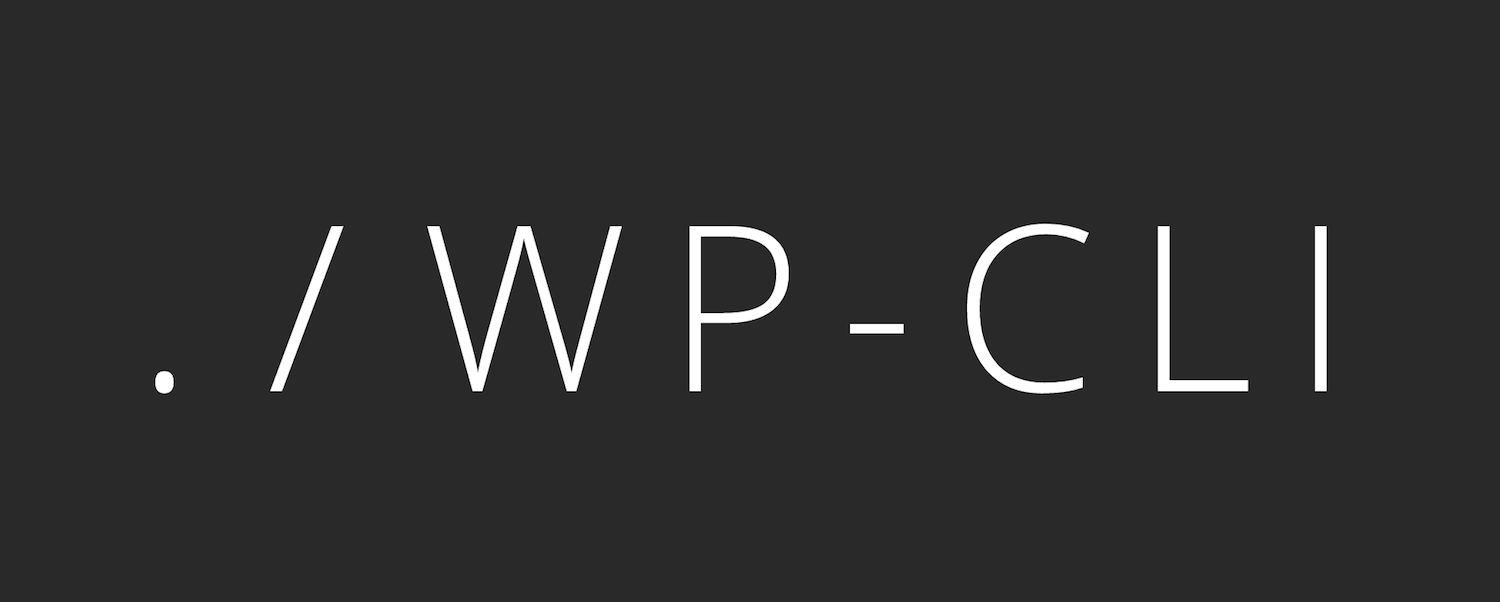Last month Daniel Bachhuber, maintainer of WP-CLI, opened up a discussion on how to create a more sustainable future for the project. He asked users the following question:
How do I reduce WP-CLI’s bus factor, and more generally lay a foundation for WP-CLI’s long-term organizational stability?
The bus factor is a term sometimes used in software development that refers to “the number of team members that can be unexpectedly lost from a project (‘hit by a bus,’ as it were) before the project collapses due to lack of knowledgeable or competent personnel.”
Bachhuber, as the sole maintainer of the project (which doesn’t currently have any governance), said he believes much of its success has been due to its non-commercial nature. Despite being used by thousands of developers and incorporated into the business process of many companies, the project has managed to stay community-oriented and free of commercial concerns. He asked contributors to weigh in on how donations and sponsorships might affect the project and whether it could benefit from a legal organizational structure.
In a recent tweet, Bachhuber referenced an article where npm CEO Isaac Schlueter describes the dangers of too much corporate involvement in an open source project:
When a community project is driven by a corporate entity, there is often a temptation for the corporation to leverage its position to make changes that are not in the interest of the broader ecosystem. In the long run, this damages the project’s credibility and reach.
Even if the corporate stake-holders avoid the obvious pitfalls (and very few do), just the appearance of preferential treatment can be the seed of FUD in the community.
Funding an open source software project in a way that it can thrive without becoming entangled with corporate interests is an exquisite challenge. As WP-CLI is a mostly volunteer project, Bachhuber is seeking to ensure that it has a healthy future serving its community even if volunteer time were to dry up or major contributors became otherwise unavailable.
After discussing with WP-CLI founder Andreas Creten over breakfast in Vienna, Bachhuber summarized their conclusions in a new post on the project’s blog:
“Based on our conversation, we think the most important task is to reduce WP-CLI’s bus factor and onboard one or more additional maintainers to focus on a few non-code roles,” Bachhuber said. These include:
- Documentation – Help ensure WP-CLI’s documentation is world-class.
- Marketing / community management – Help spread the word about WP-CLI.
- Support – Help WP-CLI users where they’re asking questions, whether it be GitHub, WordPress.org, Stack Exchange, or elsewhere.
They also concluded that the additional operational complexities of establishing a legal organization for the project outweigh the benefits. Bachhuber is not seeking donations but plans to launch Kickstarter projects for specific goals, like improving WP-CLI branding.
“While many companies and individuals want to donate to WP-CLI, introducing money always has the possibility of causing more harm than good,” he said. “Instead, we’ll use Kickstarter to fund larger endeavors (e.g. a logo and website redesign) on an as-needed basis.”
If you want to stay in the loop on new versions of WP-CLI and project announcements, a new email newsletter will be going out. Sign up via Mailchimp to get on the list.

Very interesting look behind the scenes, Sarah.
A broad assortment of donors would not compromise the integrity of the project. As long as wp-cli remains completely free and open source without software as a service built-in, taking money should not corrupt the project. Daniel is right to worry about investors though.
I’d be delighted to send a $100 Daniel’s way for his hard work as soon in exchange for a clear roadmap and an easy framework to send it with a legal receipt in return. I’ll look out for Daniel and Andreas at WordCamp Europe.